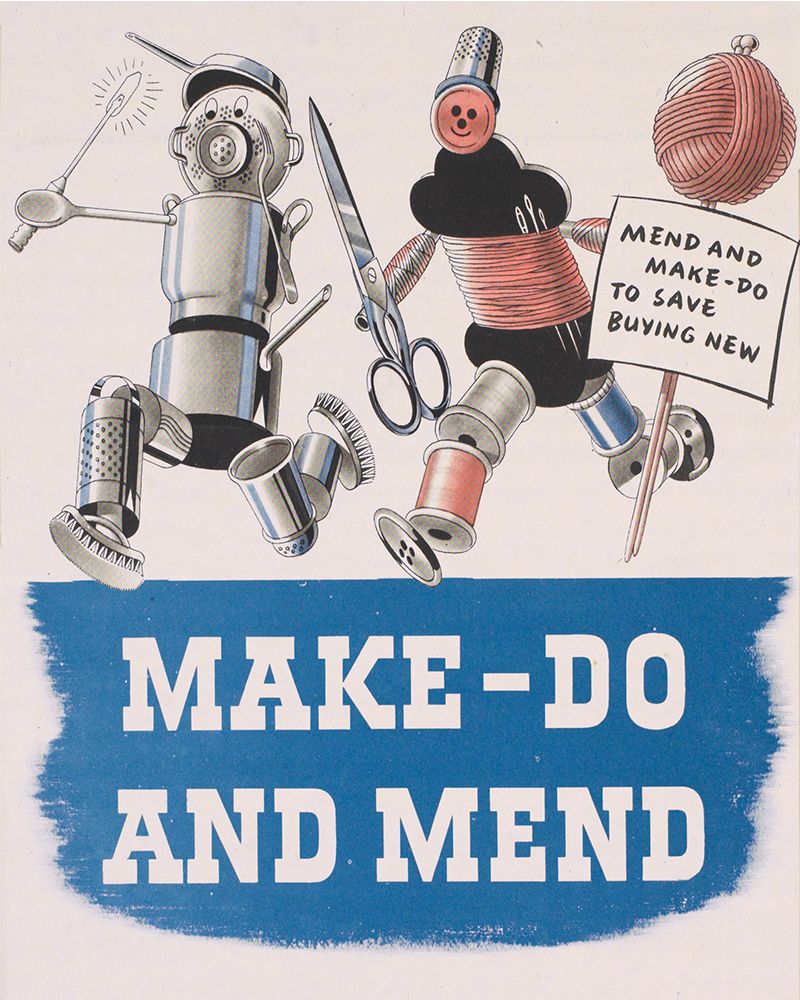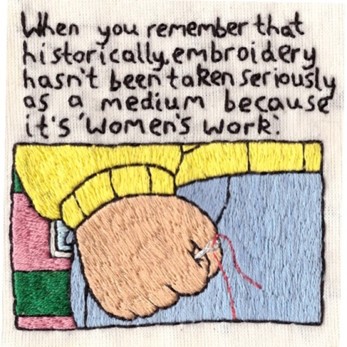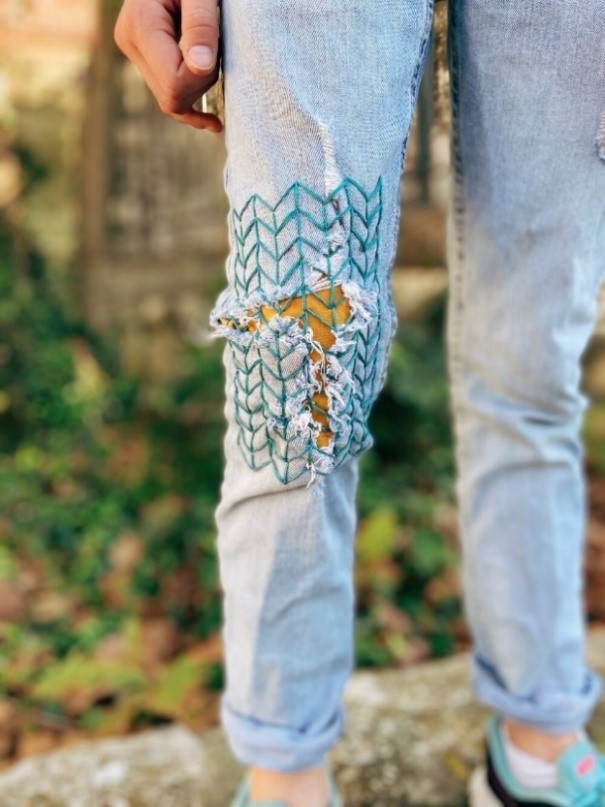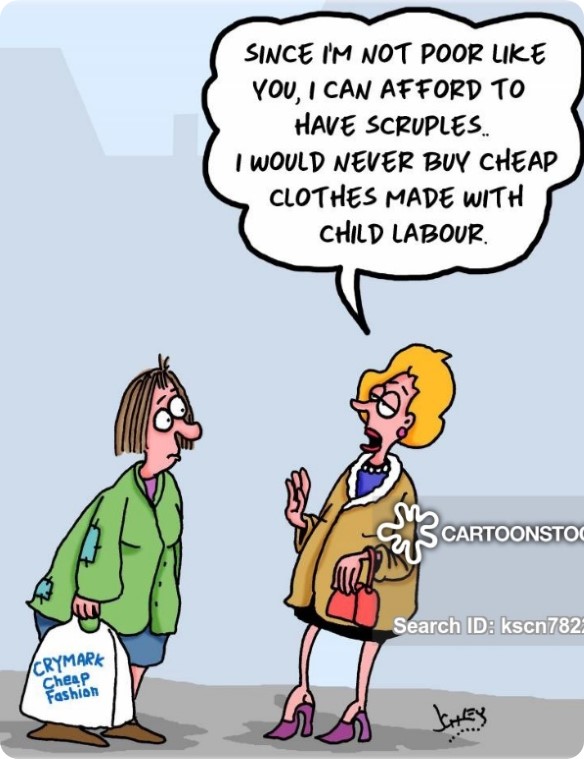Aoibhín O’Raw
Project 1: 'War on Climate'
Craft as a Response to Crisis
This thesis investigates how the commodification of craft can act as a political and civil tool during a crisis, which consequently produces a fetishized working-class aesthetic. It questions whether craft acts as a mediator in a world of consumption, or if it is another seasonal trend in the fashion industry, one which inflates the act of consumption, and facilitates the fetishizing and monetising of working-class culture.
Craft consumption has become a way in which consumers can gain some independence from the mass production methods of capitalist structures. Referring to the social theories of Marx, Baudrillard, Bourdieu, and Gramsci, this research demonstrates how craft and the “handmade” has become fetishized as a form of ethical consumption and has been introduced as a way in which consumers can combat today’s climate crisis. Subsequently, craft consumption is argued as ironic due to the fact that, overall, consumption has a negative effect on climate change, thus the continued act of consumption is a sure continuity of the global crisis.
The British Government’s ‘Make-Do and Mend’ campaign, which took place during the Second World War, provides this research with a historical case study. This campaign advanced the consumption of craft through the promotion of sewing and needlework as a war effort. Consequently, it also appropriated the poverty experienced by the working-class who used craft as a means of survival. Having previously been looked down upon, homemade clothes were now seen as worthy of social status and patriotic praise.
This thesis reveals that by promoting the consumption of craft commodities, brands are displacing their responsibility to combat climate change onto the consumer, instead of changing their capitalised production and marketing methods. Today, craft is being used to visually protest against the production and consumption of unethically produced commodities, with the attempt to repair environmental damage caused by the mass production and consumption of fast fashion. However, often overlooked, is the commodification of this resistance. From a contemporary perspective, this research determines that craft has become an elite form of consumption. As a result of cheap production methods, fast fashion products are now readily accessible to all consumers, and for some the most economical option, while the ability to craft consume has become a privilege. Working-class consumers who historically engaged in craft consumption, and who experienced social discrimination as a result, are now still experiencing discrimination for consuming products of fast fashion. This thesis lays the foundations for further inquiry into how the capitalisation and fetishization of craft production and consumption can be prevented.
Keywords: Consumption, Capitalism, Craft, Ecological Sustainability, Crisis




 Home
Information
Archive
Home
Information
Archive